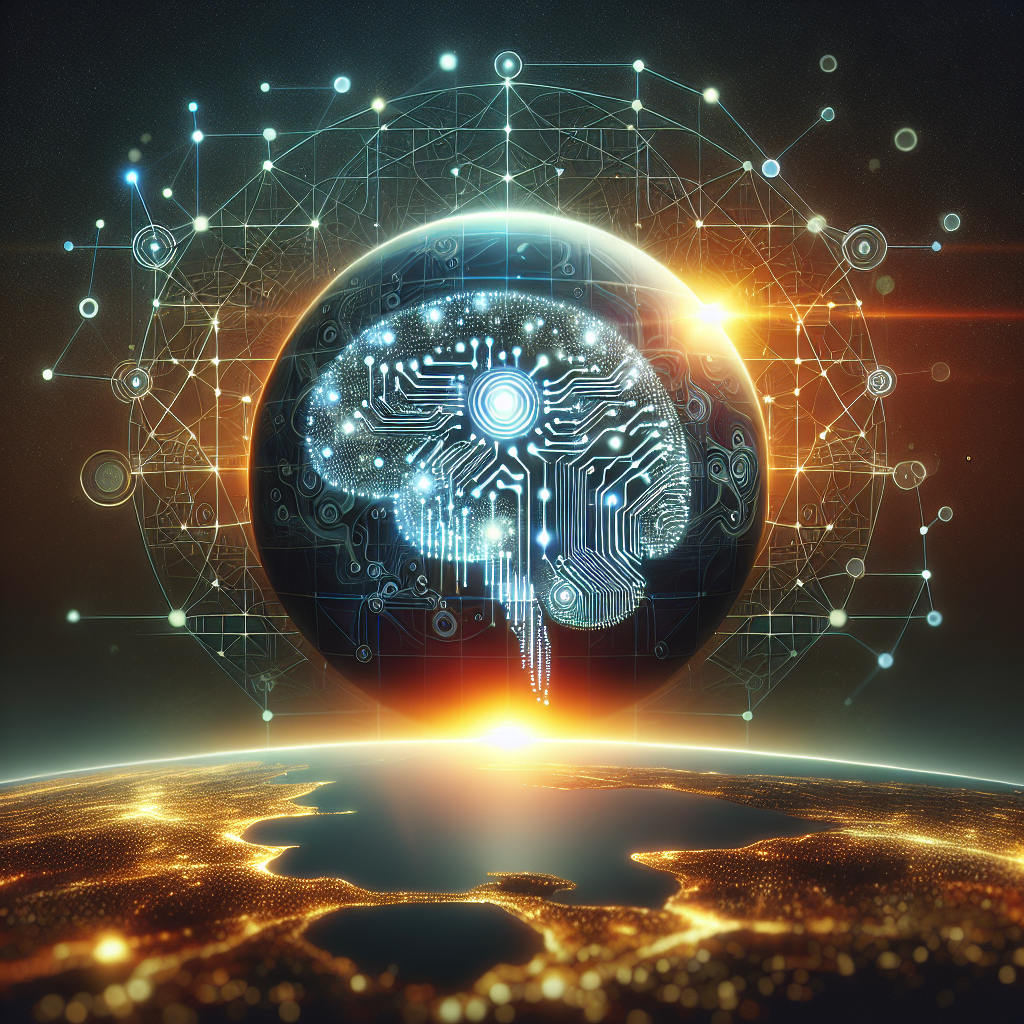Artificial General Intelligence (AGI) is a term that is becoming increasingly prevalent in discussions about the future of technology and its impact on society. AGI refers to a form of artificial intelligence that has the ability to understand, learn, and apply knowledge in a way that is similar to human intelligence. While most current AI systems are limited in scope and are designed to perform specific tasks, AGI has the potential to revolutionize industries, reshape economies, and fundamentally change the way we live.
The Rise of AGI
The concept of AGI has been around for decades, with researchers and scientists exploring ways to create machines that can think and reason like humans. However, recent advancements in machine learning, deep learning, and neural networks have brought us closer than ever to achieving true AGI. Companies like Google, Microsoft, and OpenAI are investing heavily in AGI research, with the goal of creating machines that can outperform humans in a wide range of cognitive tasks.
One of the key drivers of the rise of AGI is the exponential growth of computing power. As Moore’s Law continues to hold true and the cost of computing continues to decline, researchers have been able to build more powerful AI systems that can process vast amounts of data and learn from it in real time. This has led to breakthroughs in natural language processing, image recognition, and other areas of AI research, bringing us closer to the goal of AGI.
Another factor contributing to the rise of AGI is the increasing availability of data. With the proliferation of sensors, cameras, and other data-generating devices, we are generating more data than ever before. This data can be used to train AI systems to perform a wide range of tasks, from diagnosing medical conditions to predicting consumer behavior. As more data becomes available, AI systems will become more powerful and more capable of performing complex cognitive tasks.
How AGI is Changing the World
The rise of AGI is already having a profound impact on the world around us. In healthcare, AI systems are being used to diagnose diseases, recommend treatments, and even perform surgery. In finance, AI algorithms are being used to predict market trends, detect fraud, and optimize investment portfolios. In transportation, self-driving cars are using AI to navigate roads, avoid obstacles, and make split-second decisions.
One of the most exciting applications of AGI is in the field of robotics. AGI-powered robots have the potential to revolutionize industries like manufacturing, construction, and agriculture, by performing tasks that are too dangerous or too difficult for humans to do. These robots can work around the clock, without getting tired or making mistakes, leading to increased productivity and efficiency.
AGI is also changing the way we interact with technology. Virtual assistants like Siri, Alexa, and Google Assistant are becoming more intelligent and more capable of understanding natural language. These assistants can help us with a wide range of tasks, from setting reminders to ordering groceries, making our lives easier and more convenient.
FAQs
Q: Will AGI replace humans in the workforce?
A: While AGI has the potential to automate many tasks currently performed by humans, it is unlikely to completely replace human workers. Instead, AGI is more likely to augment human workers, allowing them to focus on more creative and strategic tasks.
Q: Is AGI safe?
A: The safety of AGI is a major concern for researchers and policymakers. There is a fear that AGI could become too powerful and pose a threat to humanity. Research is ongoing to develop ways to ensure the safe and ethical development of AGI.
Q: How close are we to achieving AGI?
A: While significant progress has been made in AI research, true AGI is still a long way off. Researchers are still working on developing AI systems that can understand and reason like humans, and there are many technical and ethical challenges that need to be addressed.
In conclusion, the rise of Artificial General Intelligence has the potential to revolutionize industries, reshape economies, and fundamentally change the way we live. While there are still many challenges to overcome, the future of AGI looks bright, with the potential to unlock new levels of creativity, productivity, and innovation. As we continue to push the boundaries of AI research, we must also ensure that AGI is developed in a safe and ethical manner, with the best interests of humanity in mind.

